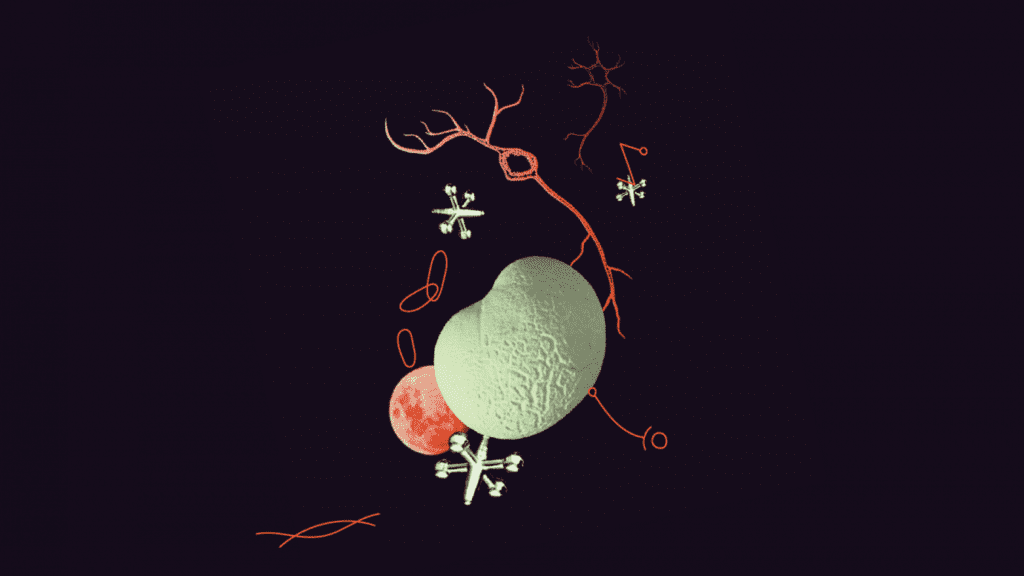IBEC will coordinate SPM4.0 and participate as a partner in ENTRY-DM, two of the projects selected in the 2023 call for PhD networks within the Marie Skłodowska-Curie Actions (MSCA-DN). Thanks to these two projects, IBEC will add four new PhD students to its staff.

IBEC will host three new doctoral students thanks to the Marie Skłodowska-Curie Actions Doctoral Networks (MSCA-DN) programme. The MSCA-DN implement doctoral programmes through partnerships between socio-economic actors from different countries in Europe and beyond. These doctoral programmes aim to respond to well-identified needs in different R&D areas and to provide training in skills and competences related to research, innovation and long-term employability.
IBEC will coordinate SPM4.0 and participate as a partner in ENTRY-DM, two of the projects selected in this competitive call, where only 12% of the applications received were selected.
SPM4.0: Artificial Intelligence-based Microscopy for Life Sciences and Medicine
IBEC will be the coordinating institution of this project, which brings together 11 other partners from 8 countries. SPM4.0 focuses on the integration of Scanning Probe Microscopy (SPM) with Artificial Intelligence (AI), driving the Industrial Revolution 4.0. These AI-powered microscopes are expected to enable unprecedented nanoscale imaging of living cells and functional biomolecules in their native state, without the need for markers.
The project will be led by Gabriel Gomila, Professor at the University of Barcelona, ICREA Academia and Principal Investigator of IBEC’s Nanoscale Bioelectrical Characterisation group and will also involve IBEC’s Bacterial infections: antimicrobial therapies group, led by IBEC and University of Barcelona (UB) researcher Eduard Torrents. The two groups will be joined by three new PhD students, who will receive cutting-edge multidisciplinary scientific training in advanced scanning probe microscopy and machine learning, as well as their biological and medical applications.
ENTRY-DM: Oligonucleotide-based therapies for myotonic dystrophy
This project, led by the French National Institute for Health and Medical Research (Inserm), involves 10 other partners from six different countries, including IBEC. ENTRY-DM aims to help find effective therapies for myotonic dystrophy, the most common hereditary muscular dystrophy in adults. It will do this by focusing on accelerating the development of antisense oligonucleotides (ASOs), short RNA sequences that block the expression of certain proteins and have emerged as promising therapies for neuromuscular diseases.
IBEC’s participation in the consortium will be led by Javier Ramón Azcón, principal investigator of IBEC’s Biosensors for bioengineering group and ICREA Research Professor. Ramón will be able to add a new PhD student to his team, who will receive interdisciplinary scientific training, with a particular focus on muscle-on-a-chip models, which will be used to test the capacity of ASO therapy.
Funded by the European Union. Views and opinions expressed are however those of the author(s) only and do not necessarily reflect those of the European Union. Neither the European Union nor the granting authority can be held responsible for them.






